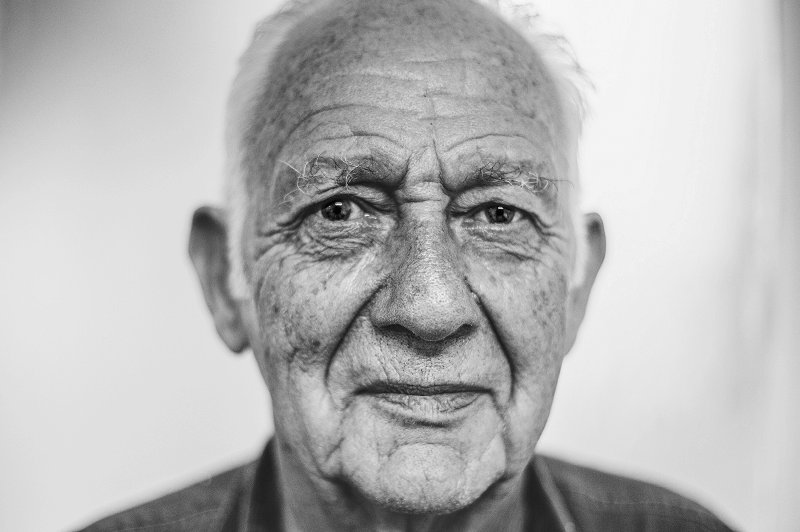Senior citizens are the fastest growing demographic among social media users: 35% of senior citizens are using social media sites such as Facebook and LinkedIn, and that number is trending decidedly upward. For many older adults, social media makes it possible to be connected with far-flung kids, grandkids and friends in a way never possible before.
Although people in that age group enjoy the connecting with family and staying in touch with friends, social media sites like Facebook are not without risks. If you’re in that 60+ demographic or you have a friend or family member who is, and engaging in Facebook or other social media usage, let’s go over some social media safety tips to keep seniors safe.
Social media safety tip 1: Use strong passwords
First and foremost, people of every age must use strong passwords when doing any activity online, not just Facebook. Accounts do get hacked, and if the password used for Facebook is used elsewhere too, that could lead to even more trouble. Seniors (and all of us, really) should follow advice for creating strong passwords. And, in my experience with older relatives, these passwords should be written down somewhere in case they are forgotten later.
Social media safety tip 2: Use the privacy settings
Seniors might not realize all that they are exposing themselves too when publicly sharing and communicating on sites like Facebook. Therefore it’s a good idea to have some kind of privacy set up. Facebook makes it easy to tweak all kinds of privacy settings. Take a look. There might be some areas you hadn’t considered that you definitely want to make private once you see all of the options.
Social media safety tip 3: Practice self censorship
In addition to using Facebook’s settings to make content private, seniors should be cautioned to practice self censorship as well. Not everything needs to be made public. If it’s information you don’t really need to share, don’t. This includes information about family members and friends too. Sure, you might be concerned about your niece about to have surgery, but sharing that in a public forum such as Facebook might go against your niece’s wish to keep her surgery private.
Social media safety tip 4: Beware scam messages
Just like email will deliver scam messages to your inbox, so will Facebook Messenger do the same. If you receive a message from someone you don’t know, you should probably ignore it. Period.
Social media safety tip 5: Be selective about your friends
Just like in real life, you don’t have to be friends with everyone. Be choosy. Just because someone sends you a friend request does not mean you have to accept it. Ask yourself, “Do I really benefit by being friends with this person on Facebook?” The fewer the “friends” the better, in many cases.
Social media safety tip 6: Keep your time away from home or alone to yourself
Under no circumstances should you publicly post that you will either be away from home or home alone. Even with strict privacy settings (see tip #2), that information could get to someone who does not need to know that your house is empty or that you are vulnerable. This goes for vacations too: Save your pictures until you are back home and then post them.
Social media safety tip 7: Verify before you share
Facebook is full of posts being shared by other users, but that does not mean you should share them too without verifying them first, especially after all of the fake news in the last presidential election. If you’re ever in doubt about the validity of a post, do not share it. Just let it be.
Social media safety tip 8: Don’t click “like,” don’t type “amen”
This same advice about not sharing applies to liking and typing “amen” too. Oftentimes you have a picture tugging at your heart strings encouraging you to click “Like” or type “amen” or do something else. This is probably a case of like farming and will only lead to trouble later. You can see it, you can have your heartstrings tugged, but you’re better off just scrolling right on past it.
Social media safety tip 9: Click less, not more
Sadly, Facebook is fraught with dangers, so be wary where you click. Try to only click through when you know it’s going to take you to a valid site, like a news site that you’re familiar with. Otherwise you are putting yourself at risk for a lot of ads or even malware. Just as with your friends, be selective about your clicks.
Social media safety tip 10: Know this—If it sounds to good to be true, it is
Promises of money, great deals, rewards…even if they come from friends (who might have had their Facebook accounts hacked)…should be ignored. If it’s too good to be true, it probably is. So assume the worst and skip the post or delete the message.
There is much good that can come from senior citizens being on social media sites like Facebook. They can be much more connected than ever before, to family and friends. But the Internet is not a place ruled by the innocence of rainbows and unicorns. It has a dark side too. Making sure older adults understand and protect themselves from those dangers is imperative.

